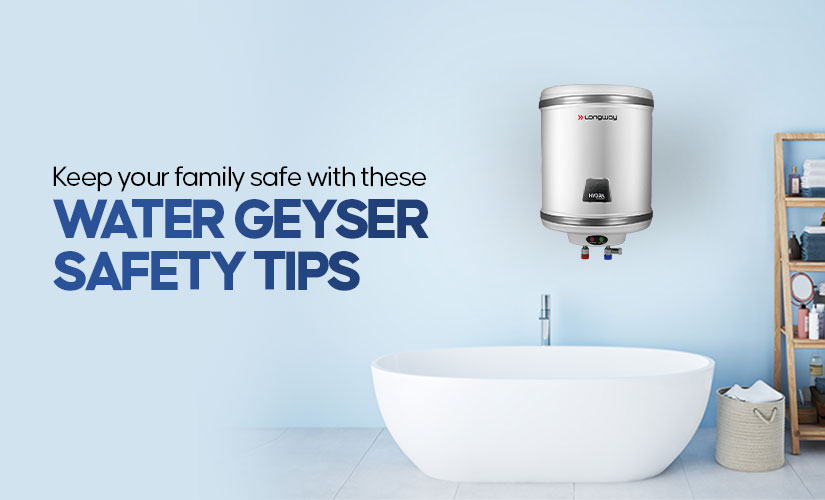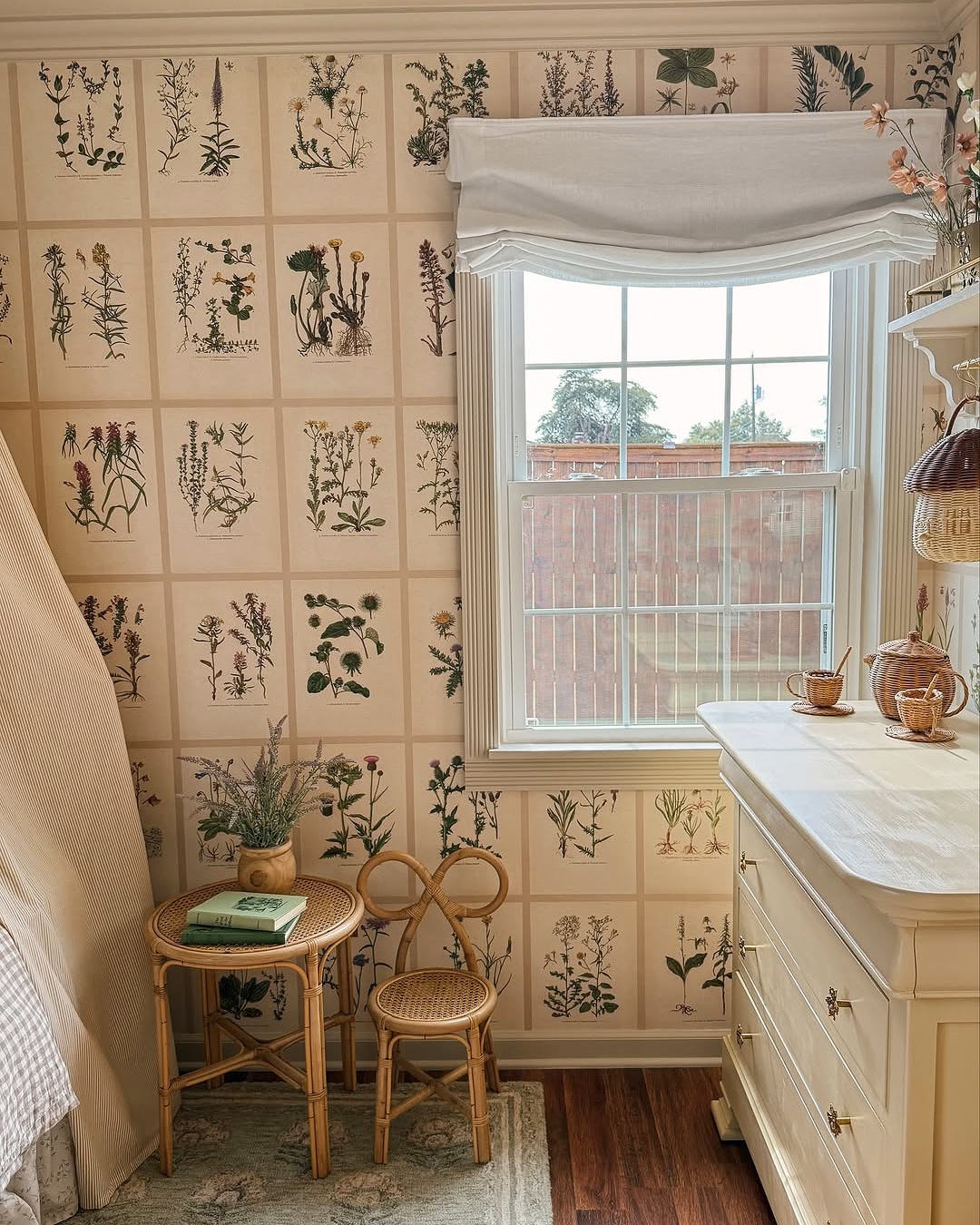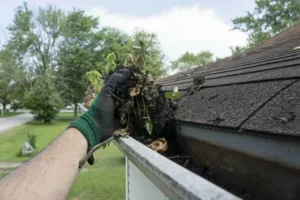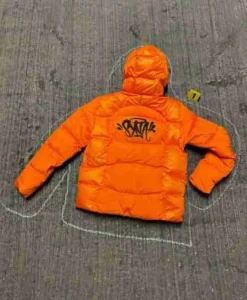Keep your family safe with these water geyser safety tips
Water geysers have become an integral part of our daily lives, providing us with the comfort of hot water for various activities. However, it’s crucial to understand that these appliances, if not used and maintained properly, can pose safety risks to your family. In this blog post, we will explore essential geyser water heater safety tips to ensure a secure and worry-free experience in your home.
Things to keep in mind when you want to keep your family safe from water geysers
Installation Matters
The foundation of water geyser safety begins with proper installation. Always have a qualified professional install your geyser. Ensure that it complies with local building codes and safety standards. Incorrect installations can lead to leaks, electrical issues, or even more severe hazards. If you buy geysers from Longway India, you will find the instructions manual with the proper steps to install them.
Regular Maintenance
Like any other household appliance, water geysers require regular maintenance to ensure they operate efficiently and safely. Schedule routine check-ups by a certified technician to inspect for potential issues. This includes checking for corrosion, loose electrical connections, and any signs of wear and tear.
Set the Right Temperature
While hot water is a necessity, setting your geyser temperature too high can be dangerous, especially if you have children or elderly family members. The recommended temperature setting is around 120 degrees Fahrenheit (48.9 degrees Celsius). This not only prevents scalding accidents but also helps save energy.
Install a Temperature and Pressure Relief Valve (TPR Valve)
A TPR valve is a crucial safety component that releases excess pressure and temperature inside the geyser, preventing catastrophic failures. Ensure that the TPR valve is correctly installed, regularly tested, and replaced if needed. This simple device can prevent the geyser from turning into a potential explosion hazard.
Ventilation is Key
Instant geyser Water heaters generate heat, and proper ventilation is necessary to dissipate this heat. Ensure that the geyser is installed in a well-ventilated area, allowing heat to escape and preventing overheating. Adequate ventilation also helps in maintaining the efficiency of the geyser.
Avoid DIY Repairs
If you notice any issues with your geyser, it’s tempting to try to fix them yourself. However, water geysers involve a combination of water and electricity, making them potentially dangerous. Instead of risking your safety and that of your family, always consult a professional technician for repairs.
Secure Against Electric Hazards
Since geysers operate on electricity, it’s essential to take precautions to prevent electrical accidents. Ensure that the geyser water heater is connected to a grounded outlet and that the wiring is in good condition. If you notice any exposed wires or electrical issues, disconnect the geyser immediately and seek professional assistance.
Water Quality Matters
The quality of water in your area can affect the lifespan of your geyser. Hard water, which contains a high mineral content, can lead to sediment buildup inside the geyser tank. This buildup reduces the appliance’s efficiency and may lead to overheating. Consider installing a water softener if your area has hard water.
Educate Your Family
Safety is a collective responsibility. Educate your family members, especially children, about the potential dangers associated with water geysers. Teach them not to play near the appliance and to inform an adult if they notice any unusual sounds, smells, or signs of malfunction. Detection system can provide an early warning, preventing water damage and potential mold growth. Some modern geysers come equipped with built-in leak detection systems, but standalone devices are also available.
Conclusion
Water geysers are indispensable for our daily routines, but ensuring the safety of your family should be a top priority. By following these water geyser safety tips given by Longway India, you can minimize the risks associated with these appliances. Regular maintenance, proper installation, and educating your family on safety practices will contribute to a secure and comfortable home environment. Remember, a little caution goes a long way toward keeping your family safe and sound.
Read More Blogs at:- witenrepreneur











Post Comment